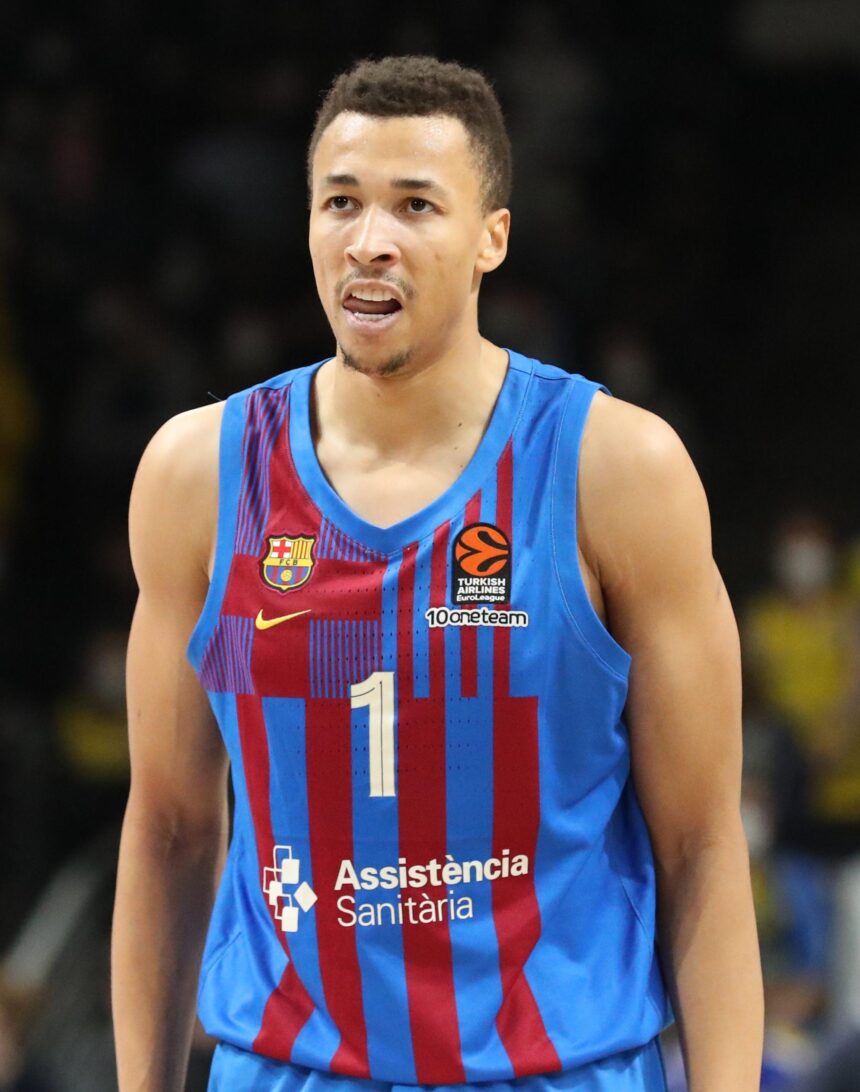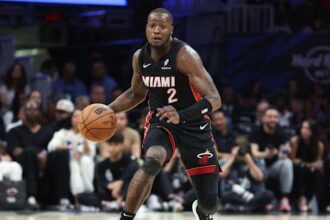The Dallas Mavericks face a pivotal question as they integrate guard Dante Exum into their rotation: can he consistently stay on the court and contribute at a high level? After battling injuries throughout his career, Exum’s availability has become a central concern for the Mavericks’ coaching staff and front office. This article examines his recent health status, playing minutes, and potential impact on the team’s performance, exploring whether the former top draft pick can overcome durability challenges and solidify his role with Dallas.
Dante Exum’s Injury History and Impact on Mavericks’ Rotation
Dante Exum’s journey with the Dallas Mavericks has been repeatedly hampered by a series of injuries that have limited his ability to contribute consistently. Over the past few seasons, Exum has battled shoulder surgeries, ankle sprains, and knee troubles that have restricted his court time to bursts rather than sustained stretches. This patchwork availability has made it difficult for head coach Jason Kidd to slot him reliably into the rotation, often forcing the Mavericks to adjust their backcourt strategies mid-game. His history of soft tissue injuries, in particular, raises concerns about durability and whether he can handle the physical demands of an NBA season without recurring setbacks.
Despite these setbacks, Exum’s intermittent flashes of playmaking and defensive energy present potential value if he can stay healthy. The Mavericks’ rotation currently lacks a stable secondary ball-handler who can relieve Luka Doncic without compromising defensive intensity. Here’s a quick overview of how Exum’s availability impacted key rotation metrics last season:
| Metric | Exum On-Court | Exum Off-Court |
|---|---|---|
| Team Defensive Rating | 104.5 | 109.2 |
| Assist Percentage | 25.1% | 21.8% |
| Minutes per Game | 14.3 | – |
If Exum can build on his limited health stretches, the Mavericks stand to benefit from improved ball movement and perimeter defense. However, the question remains whether the team can afford to rely on a player whose injury history casts doubt on his availability week in and week out.
Evaluating Exum’s Current Fitness and Readiness for Extended Minutes
Dante Exum’s current physical condition raises important questions about his ability to log extended minutes for the Mavericks. After battling various injuries throughout his career, his stamina and joint health remain under close scrutiny by the team’s medical staff. While he has displayed flashes of brilliance during limited stretches, sustaining high-intensity play over longer periods remains a concern. Exum’s conditioning program, which focuses heavily on low-impact cardio and strength training, aims to bolster his endurance without jeopardizing recovery. However, the question remains: can he handle the grind of the regular NBA schedule without significant dips in effectiveness?
Analyzing his recent performance data provides further insight. Consider the following table, which compares Exum’s per-minute productivity over the last ten games against league averages for players logging 25+ minutes:
| Metric | Exum (per 36 mins) | NBA Average |
|---|---|---|
| Points | 12.5 | 15.8 |
| Assists | 5.3 | 4.7 |
| Turnovers | 2.1 | 2.5 |
| Minutes Played | 18.4 (avg) | 30+ (avg) |
- Stamina: Exhibits solid output in short bursts but shows signs of fatigue past the 20-minute mark.
- Injury History: Recurring lower-body niggles limit his ability to maintain consistent intensity.
- Recovery Time: Requires additional rest days between games compared to typical rotation players.
For the Mavericks to rely on Exum as a player capable of handling starter-level minutes, their approach will need to integrate load management strategies and monitor his progression closely. His current fitness suggests a role optimized around efficient spurts rather than sustained court time, but with targeted conditioning, there’s potential for an expanded role as the season progresses.
Recommended Strategies for Maximizing Exum’s Court Time Without Compromising Durability
To optimize Exum’s availability without jeopardizing his physical condition, the Mavericks’ coaching staff should implement a balanced rotational approach emphasizing quality over quantity. Prioritizing short, impactful bursts can harness his agility and playmaking without leading to fatigue-related injuries. Integrating strategic rest periods during back-to-back games and employing load management on non-essential matchups can keep him fresher during critical stretches of the season. Moreover, working closely with the medical and training teams to monitor his workload and respond proactively to minor discomforts is essential in safeguarding his long-term durability.
Developing tailored training regimens focusing on strengthening vulnerable muscle groups and improving biomechanics can reduce injury risk and extend Exum’s court longevity. On the tactical side, deploying him primarily as a secondary ball-handler or defensive specialist minimizes exposure to physically taxing roles while capitalizing on his speed and court vision. The following table illustrates a sample weekly court time distribution that balances intensity and rest for Exum:
| Game Type | Minutes Allowed | Role Emphasis |
|---|---|---|
| Back-to-Back Games | 12-15 | Defensive Specialist |
| Single High-Intensity Games | 18-22 | Playmaker / Ball-handler |
| Low-Stake Games | 10-14 | Energy Off-Bench |
- Consistent performance assessments to adjust minutes dynamically.
- Focused recovery protocols including advanced physiotherapy.
- Utilization of data-driven insights for personalized load management.
In Summary
As the Dallas Mavericks continue to navigate the challenges of a rigorous NBA season, Dante Exum’s ability to maintain his health and stay on the court remains a pivotal concern. While his talent and versatility offer valuable options for the Mavericks’ roster, durability will ultimately determine his impact. The team and fans alike will be watching closely to see if Exum can overcome his injury history and contribute consistently, helping Dallas push deeper into the postseason. Only time will tell if he can secure a lasting role in the Mavericks’ rotation moving forward.














